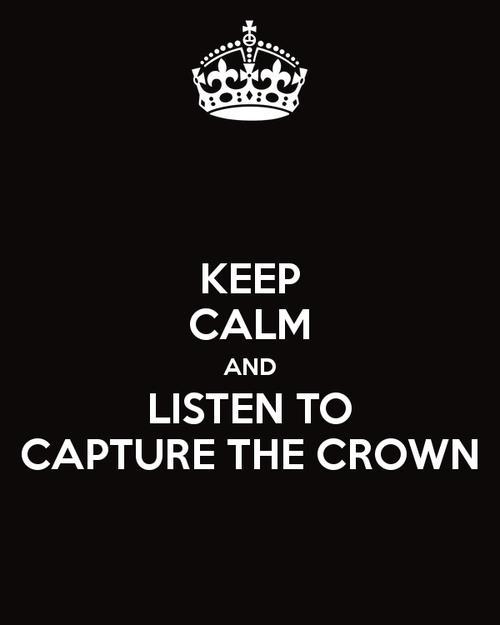

Relations with India were intense but marred by old and new issues, including border killings, water sharing, and India’s Citizenship Amendment Act (CAA).

China remained Bangladesh’s main partner in the fields of infrastructure, trade, and defence. However, the country proceeded towards its Least Developed Country (LDC) graduation targets.

Reducing gender violence proved challenging. All such events highlighted the vulnerability of Bangladesh’s economic growth, human security, and socio-economic equality to external shocks and climate change. These added to the damages caused in 2019 by seasonal floods and cyclones Fani and Bulbul. Furthermore, amid the COVID-19 outbreak, the country was struck by catastrophic cyclone Amphan and monsoon floods. It also prompted the Government to adopt emergency policies for economic relief. Bangladeshi economy kept growing, but in 2020 the pandemic affected its current and projected growth rate, and the unemployment and inequality indexes. Poor civil rights protection confirmed that negative trends already emerged in previous years worsened further, as the country continued losing its democratic features. Political dissent was silenced through both legal and extrajudicial means. In 2019-2020, the Awami League maintained its grasp on power by resorting to repressive measures. “Post-Covid Fantasies: An Introduction.” In “Post-Covid Fantasies,” Catherine Besteman, Heath Cabot, and Barak Kalir, editors, American Ethnologist website, 27 July 2020 We hope you will engage them on the terms in which they have been written: an opportunity to probe the anthropological imagination to see what might not yet be in plain sight." Besteman, Catherine, Heath Cabot, and Barak Kalir. This group of ten essays is the first of three groups that we will be releasing this summer in AE Collections.
BE A STORM IN A TEACUP HOW TO
To our contributors – Jafari Allen, Lori Allen, Miriyam Aouragh, Hannah Appel, Alex Blanchette, Chandra Bhimull, Celine Cantat, Nusrat Chowdhury, Celina de Sá, Corina Courtis, Jaskiran Dhillon, Divine Fuh, Guy Geltner, Myles Lennon, Cathy Lutz, Manissa Maharawal, Tomas Matza and Nicole Heller, Giulia Mensitieri, Patrick Neveling, Francis Nyamnjoh, Jemima Pierre, Kali Rubaii, Dylan Rodriguez, Emilia Sanabria and Joe Dumit, Yatun Sastramidjaja, Samuli Schielke, Savanna Shange, Nitzan Shoshan, AbdouMaliq Simone, Janelle Taylor, and Matthew Wolf-Meyer - we are grateful to you for taking the risk of fantasizing! We also wish to acknowledge the fellow scholars with whom we have been engaged in previous projects who model how to think about and fight for radical potentialities, including, most particularly, Orisanmi Burton, Georgina Ramsay, and Katerina Rozakou. We asked contributors to fit their fantasy into no more than three pages, which, while challenging, produced a set of short and powerful essays. What all the essays reflect powerfully is a moment of extraordinary potentiality, rage, and hope. Some of the essays stay closer to actual revolutionary possibilities, while others venture more into the fantastic. As the essays began arriving, the murder of George Floyd sparked mass mobilizations across the world in alliance with the demands of the Movement for Black Lives. We asked the contributors to draw on their empirical research to propose imagined or speculative future scenarios for how things could be better in a post-Covid world than previously. And so we settled on fantasy as an incitement to play, daydream, and perhaps find moments of real (not sanguine) hope, even while recognizing that fantasy is an unusual and perhaps deeply uncomfortable genre for most scholars, anthropologists not the least.

In the midst of the dystopic accounts flooding the media during the onset of the pandemic, we aimed to capture the radical break precipitated by the pandemic to inject imaginative creativity about alternative futures. Our invitation was to fantasize the post-Covid world, whether in relationship to an analysis of the impact of Covid on the world, or to take the impact of Covid as an excitation to a new imaginary. A short fictional paper of the Post-Covid Fantasies series, curated by Catherine Besteman, Heath Cabot, and Barak Kalir, American Ethnologist: "In soliciting this set of essays, we wanted to expand beyond the important analyses of the current moment.


 0 kommentar(er)
0 kommentar(er)
